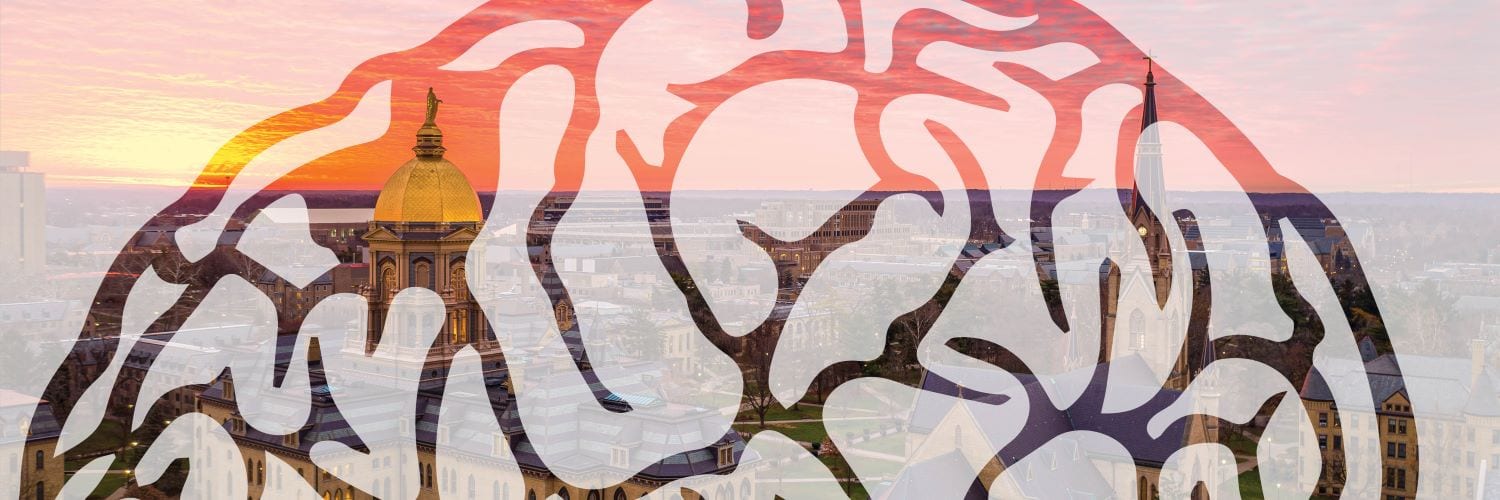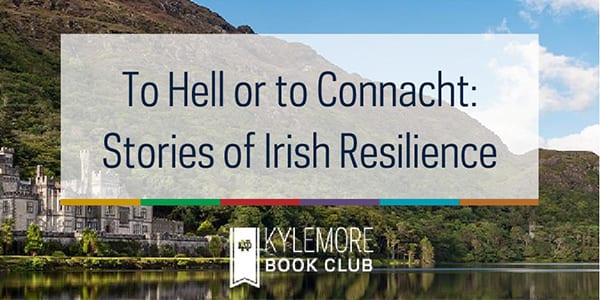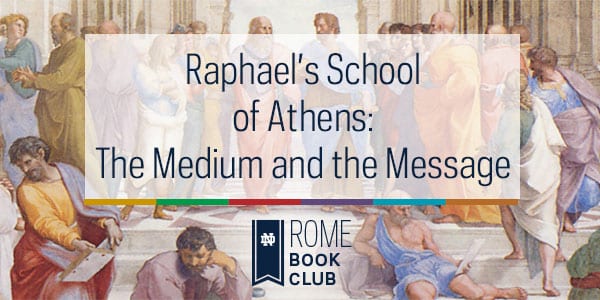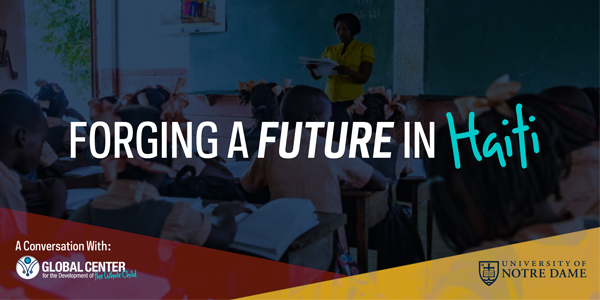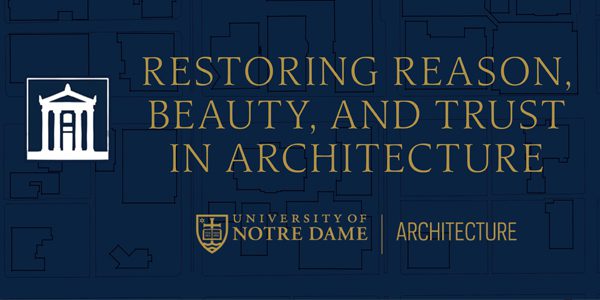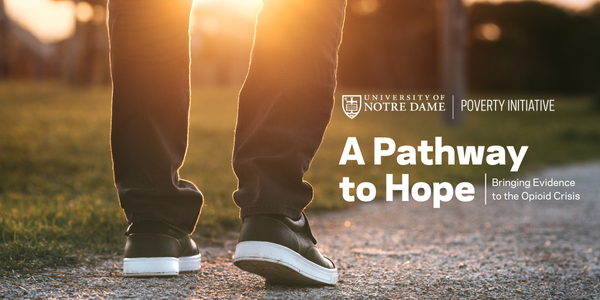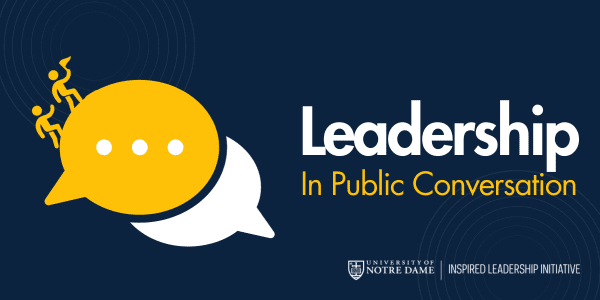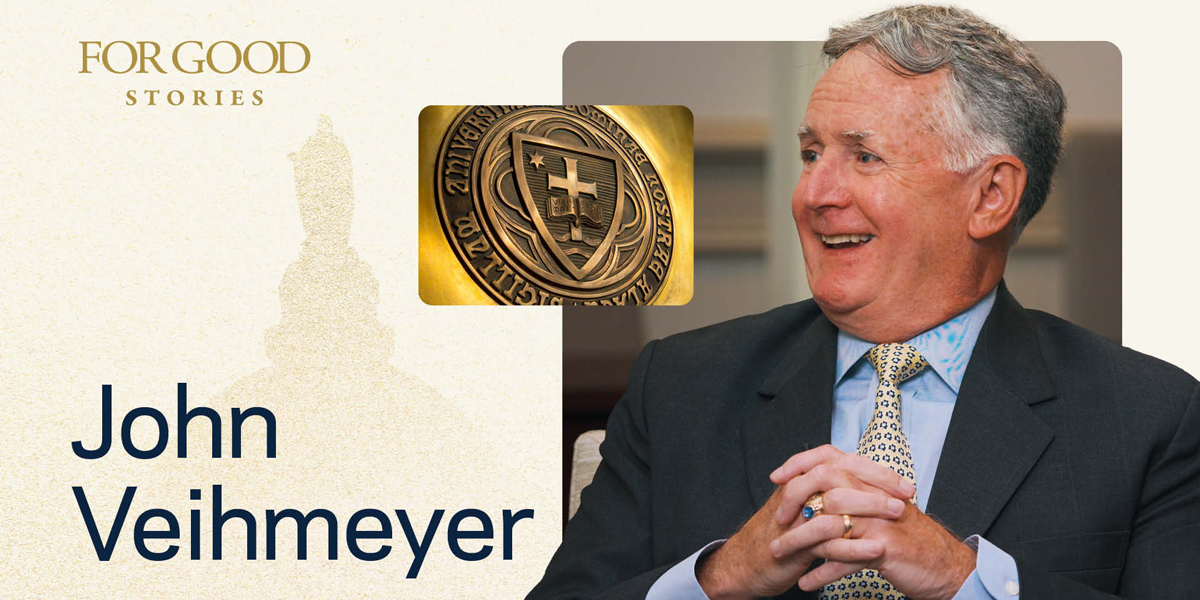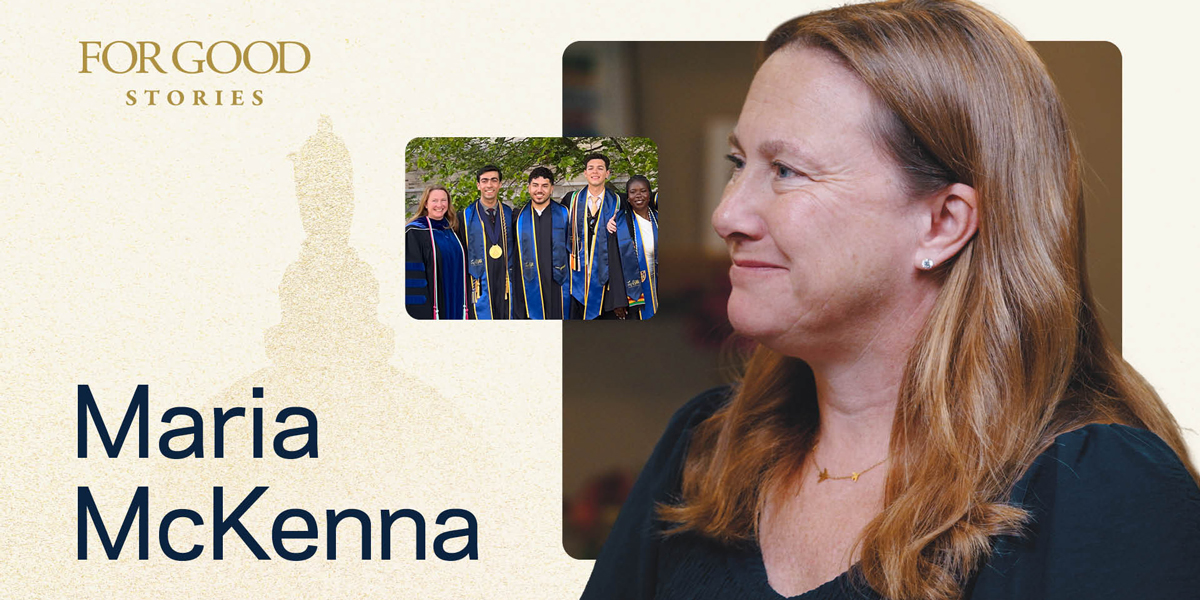Top 10 Learning Moments
- Spirituality need not conflict with science but can instead provide a reason for investigating the brain and human connections.
- The more I learn about Catholic social tradition and really get to experience just incredible people of such deep faith, it really is astounding to me how much neurobiological mechanisms support all of the compassionate service perspectives of so many faith traditions and just morality in general. — Nancy Michael
- Having a scientific lexicon to talk about and understand what you’ve been through personally is incredibly helpful, and doing that also builds your own capacity for empathy and understanding the challenges that others face. — Connie Snyder Mick
- While baboons’ experiences do not exactly mirror human stressors, studying them can illuminate very similar adversities and responses to human society.
- Parents are really in charge of helping to develop kids’ stress regulation systems and their emotion regulation systems. — Kristin Valentino
- Emotional interventions can teach parents how to talk with their children about their feelings, which causes positive, long-term neurodevelopmental changes in individuals and across generations
- A data-driven approach can help healthcare providers address the effects of trauma in their communities.
- The dawning realization was that childhood adversity led to these alterations in their brains and their symptoms…Back in 1984 that was a very radical thought.
- I was sort of changing the model and saying these experiences aren’t just encoded in our ‘software;’’ these are actually structurally, physically changing our brains. And so you…begin to have an intersectionality between the experiences and the functioning of the brain. — Martin Teicher
Interested in learning more?
This series is hosted by ThinkND, the University of Notre Dame’s online learning community that connects you with videos, podcasts, articles, courses, and other resources to inspire minds and spark conversations on everything from faith and politics to science, technology, and your career.
Featured Speakers
Nancy Michael, Associate Teaching Professor, Neuroscience and Behavior
Connie Snyder Mick, Director, Academic Affairs; Director, Poverty Studies Interdisciplinary Minor, Center for Social Concerns
Arafat Aliyi ’23, neuroscience and behavior major with a poverty studies minor
Elizabeth Archie, Associate Professor, Biological Sciences
Kristin Valentino, Director, William J. Shaw Center for Children and Families & William J. Shaw Center for Children and Families Professor of Psychology
Kimberly Green Reeves, Director, Beacon Community Impact Team
Dr. Martin Teicher, Director of the Developmental Biopsychiatry Research Program at Harvard/McLean Hospital
What is neuroscience?
Learn about the cycle of environment on brain function and development. How do we teach neuroscience and behavior at Notre Dame so students understand it through a “living faith” model?
How does experience influence development and behavior?
A primer on what developing human brains expect: How early attachments inform future behavior, how we learn, and how the stress response works
“Having a scientific lexicon to talk about and understand what you’ve been through personally is incredibly helpful, and doing that also builds your own capacity for empathy and understanding the challenges that others face”
– Connie Snyder Mick
More Like This
Related PostsLet your curiosity roam! If you enjoyed the insights here, we think you might enjoy discovering the following publications.


